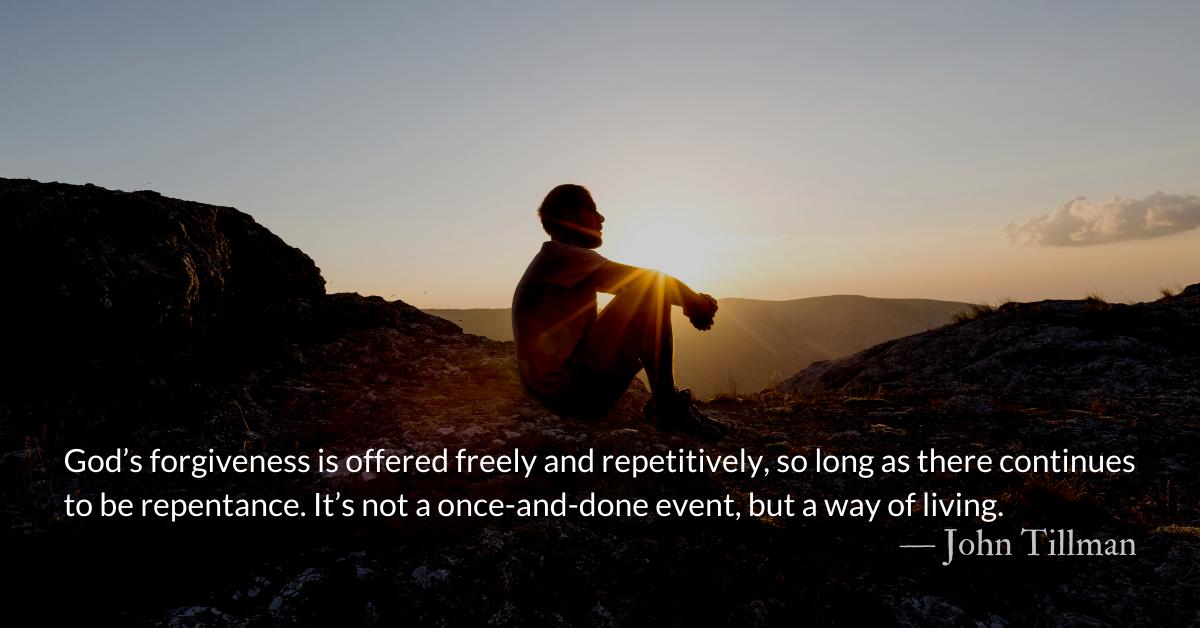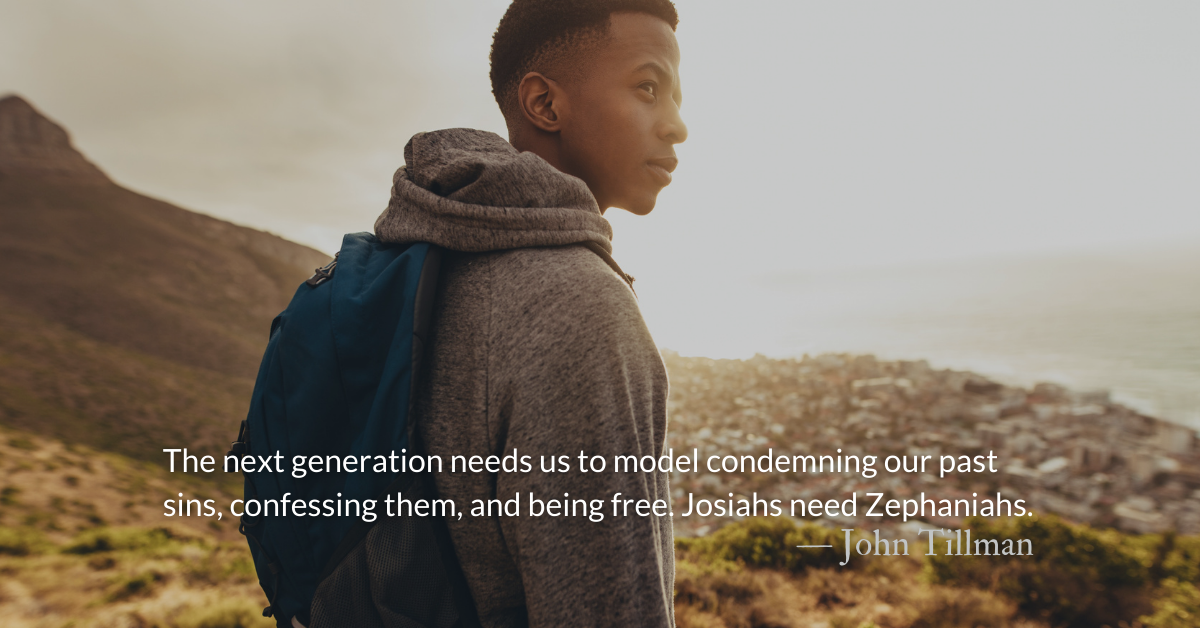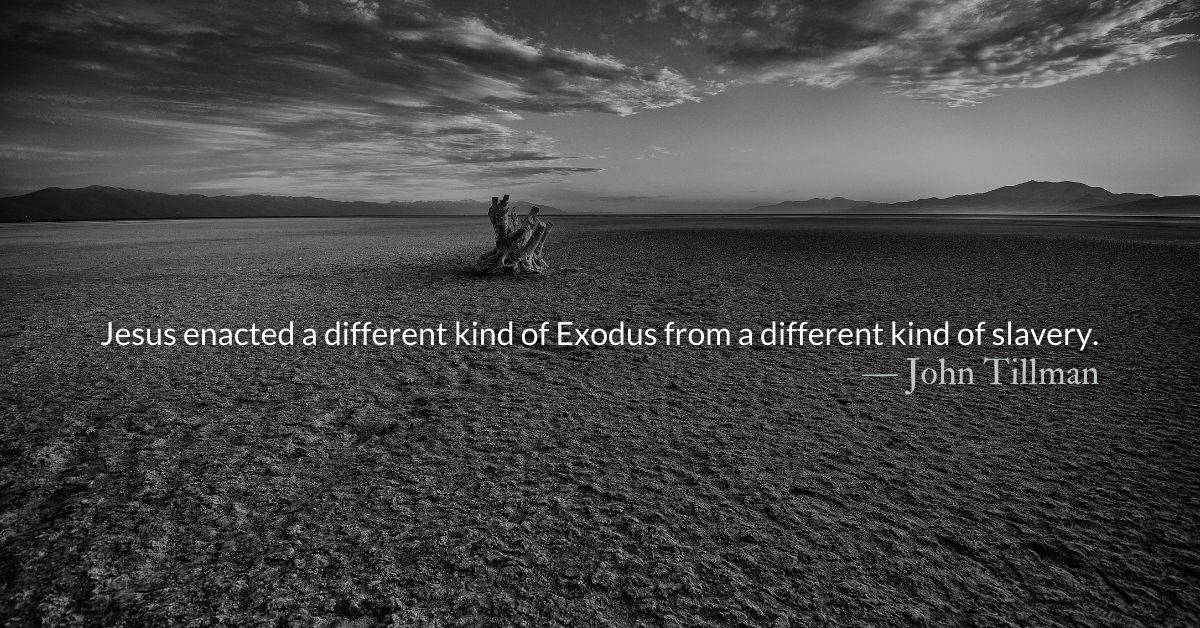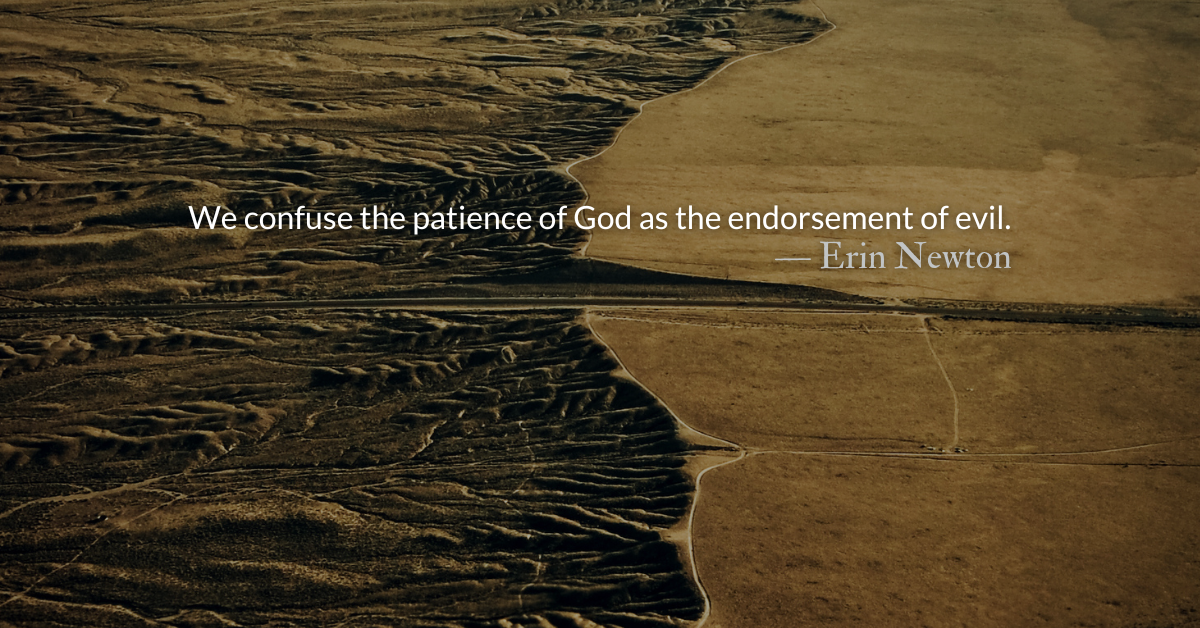Scripture Focus: Haggai 1.2-3, 13-14
2 This is what the Lord Almighty says: “These people say, ‘The time has not yet come to rebuild the Lord’s house.’ ”
3 Then the word of the Lord came through the prophet Haggai: 4 “Is it a time for you yourselves to be living in your paneled houses, while this house remains a ruin?”
13 Then Haggai, the Lord’s messenger, gave this message of the Lord to the people: “I am with you,” declares the Lord. 14 So the Lord stirred up the spirit of Zerubbabel son of Shealtiel, governor of Judah, and the spirit of Joshua son of Jozadak, the high priest, and the spirit of the whole remnant of the people. They came and began to work on the house of the Lord Almighty, their God
“There is no such thing as a God-forsaken town. There are always second chances…” — Carolyn Arends, “Love is Always There”
Reflection: Beyond Second Chances
By John Tillman
Haggai spoke to people returning from exile. They are at home, yet homeless, returning to a flattened, burned, destroyed city.
Haggai made an extreme demand. “We are here to rebuild God’s house, the Temple, not your houses. Stop building your houses. Build the Temple first.” Unlike many other prophetic books, the people Haggai speaks to no longer despise the correction of the prophets. They no longer rebel against the message or call the messengers unpatriotic. They listen and repent. They put off work on their own dwellings and focus on making a place for God to once again dwell with them.
These men and women are the grandchildren of some of those who went into exile. Zerubbabel, mentioned by Haggai, is the grandson of Jehoiachin, one of the last of Judah’s kings. Jehoiachin was taken into exile because of his sin and Jeremiah prophesied that he would have no surviving offspring to sit on David’s throne. Non-canonical Jewish writings imply that Jehoiachin repented before God in captivity. (Jeremiah 22.24-30) God relented on the curse pronounced by Jeremiah. Not only did Jehoiachin have children, but Jehoiachin’s repentance led to the birth of the ultimate “Son of David,” Jesus. It is through Jehoiachin and Zerubbabel’s line that Jesus is born. (Matthew 1.12-17; Luke 3.27-37)
God goes beyond giving second chances.
Scripture is full of second chances, third, fourth, fifth, sixth, seventh chances, and beyond. When Jesus told the disciples that they should forgive those who sinned against them seven times in a day and repented seven times, he wasn’t just speaking hypothetically. He was speaking historically. (Luke 17.3-4) Jesus may have been thinking about his own family history, but he absolutely was telling his followers to model their own forgiveness after God’s.
Haggai’s listeners had been forgiven so much, yet they were again forgetting to put God first. It’s so relatable. Haven’t we all found ourselves blindly pursuing our purposes rather than God’s? Haven’t we all had moments where we realized we were building selfishly?
God’s forgiveness is offered freely and repetitively, so long as there continues to be repentance. It’s not a once-and-done event, but a way of living. Let us remain responsive to calls for repentance from prophets in our day. Let us both offer and receive God-like forgiveness. Let us live in the land, homeless yet at home, forgiving and forgiven. Let us build unselfishly in ways that demonstrate that God dwells with us.
Divine Hours Prayer: The Greeting
You are my God, and I will thank you; you are my God, and I will exalt you. — Psalm 118.28
Today’s Readings
Haggai 1 (Listen – 2:39)
Mark 12 (Listen – 6:10)
Read more about Rumors or Repentance
John called religious people and everyone else to repent, including soldiers, tax collectors, and the poor.
Read more about Come Ye Sinners, Poor and Wretched
Come, ye sinners, poor and wretched
Weak and wounded, sick and sore
Jesus ready stands to save you
Full of pity joined with power











